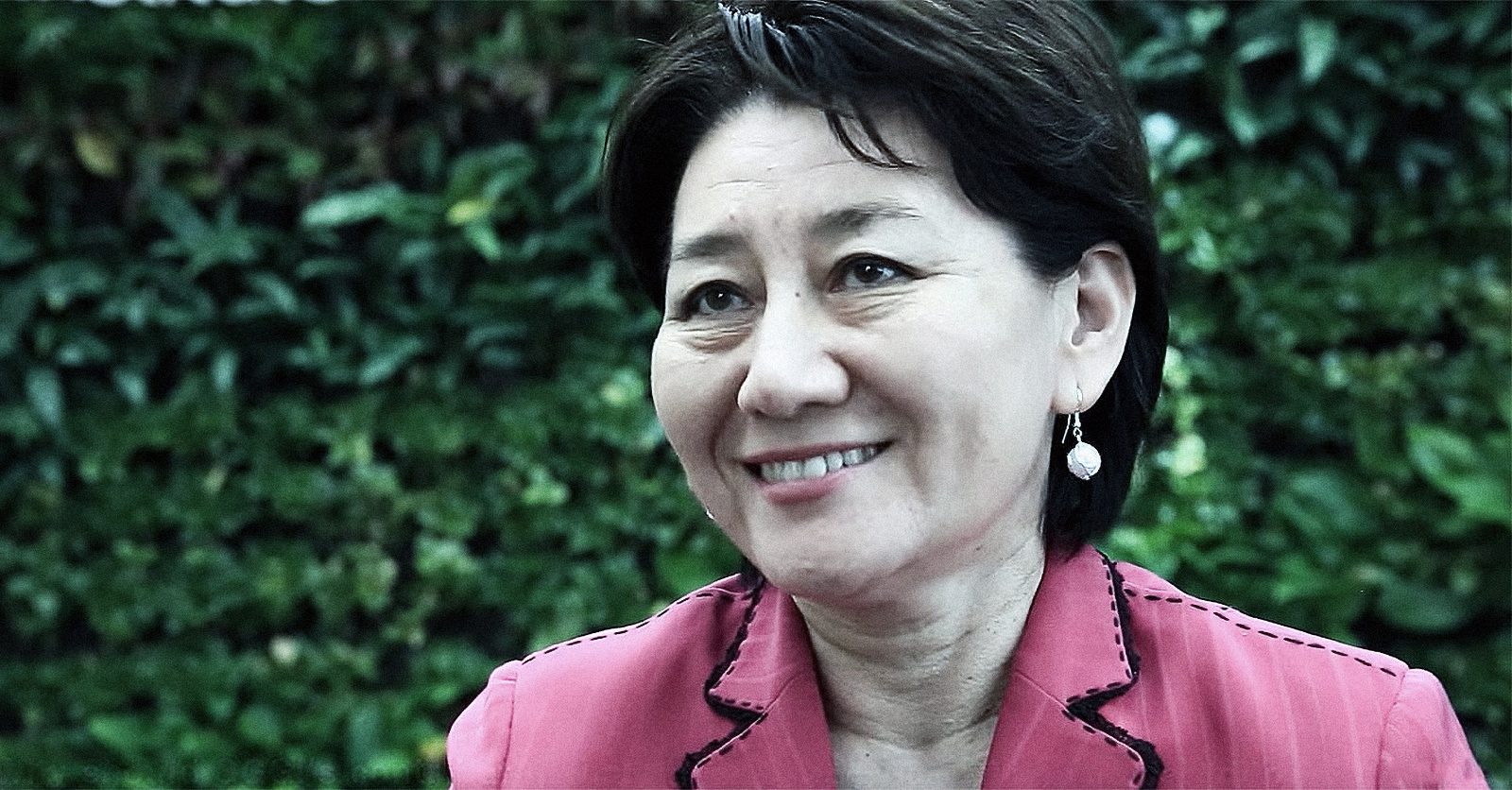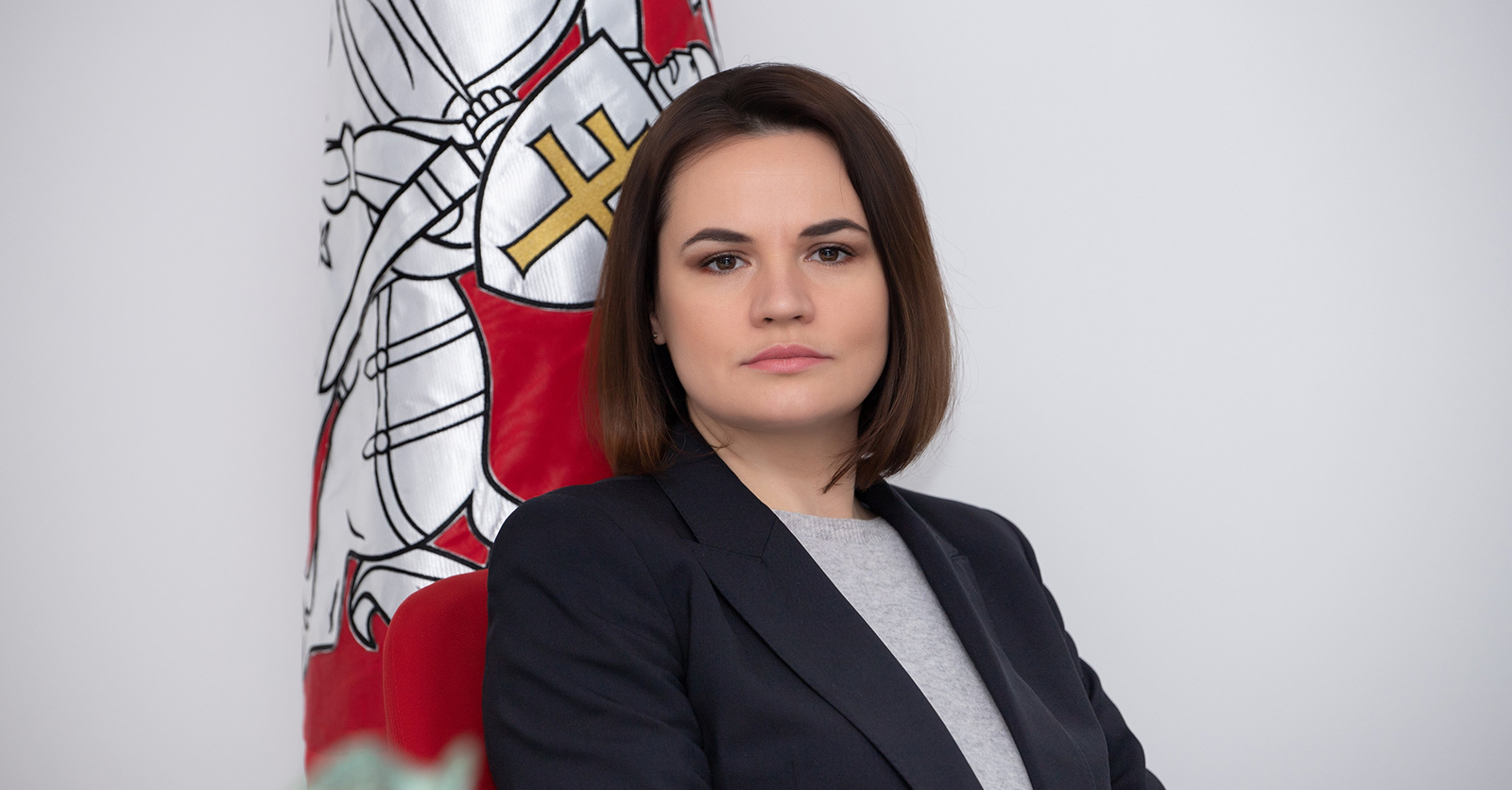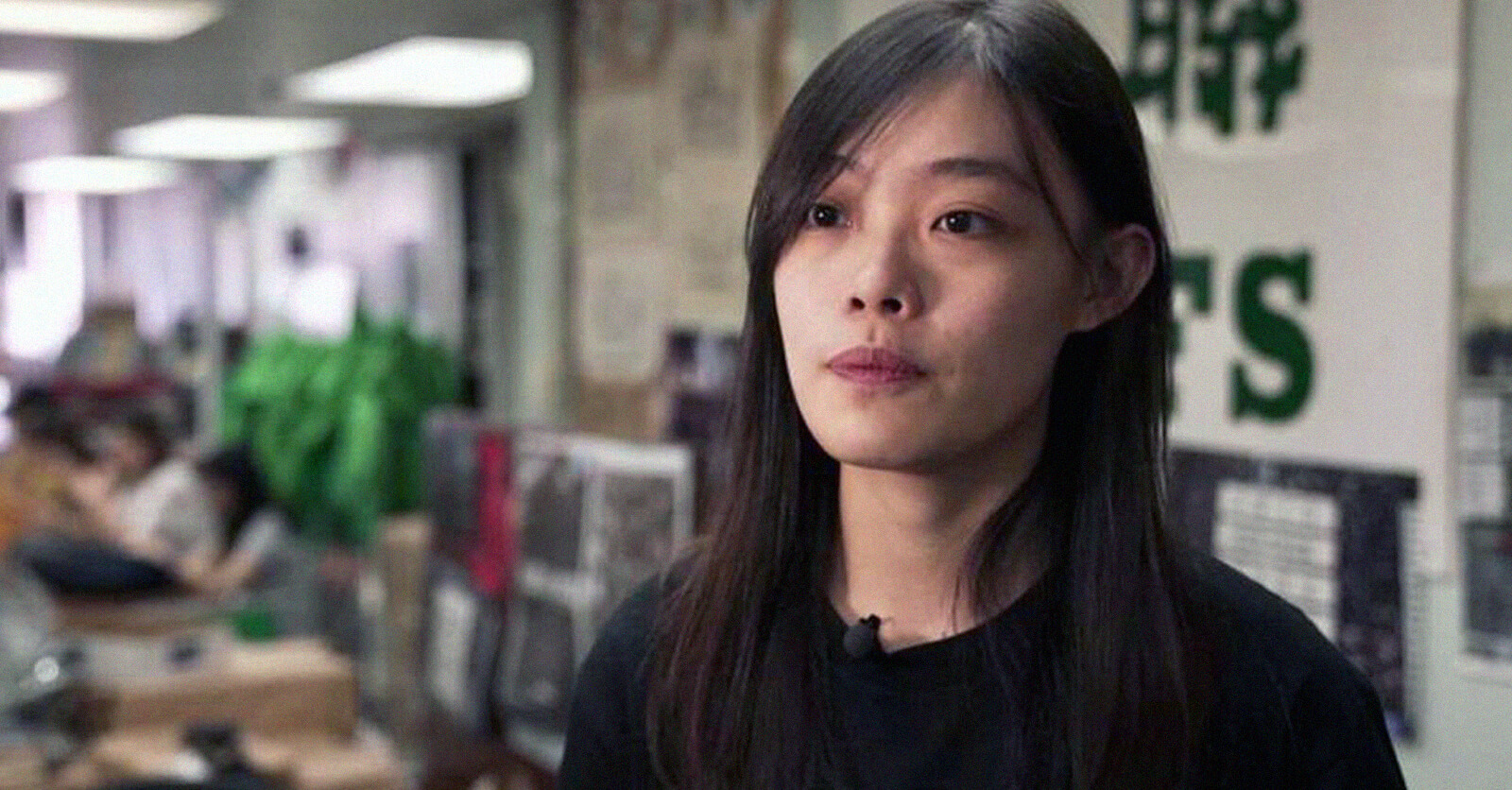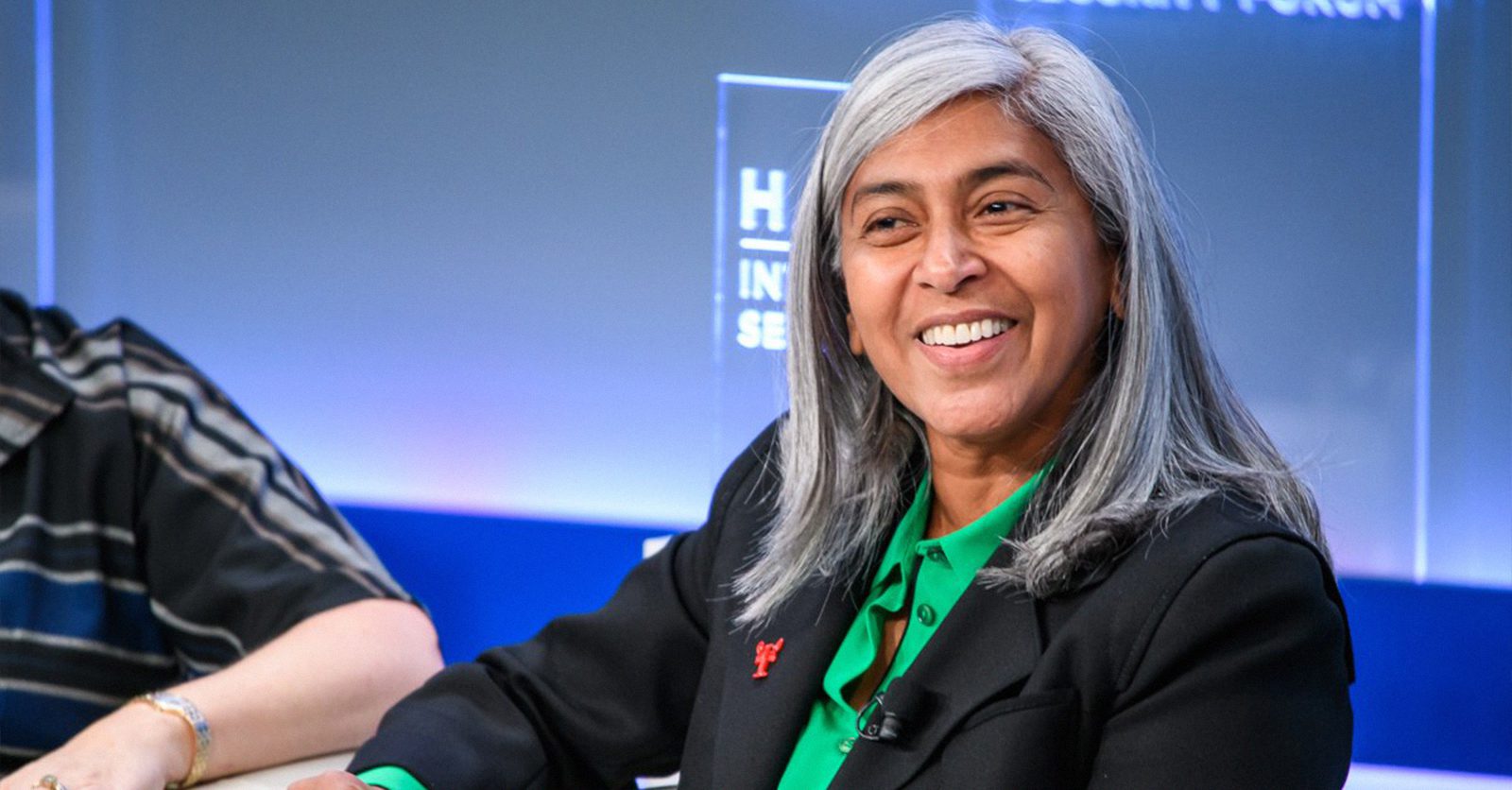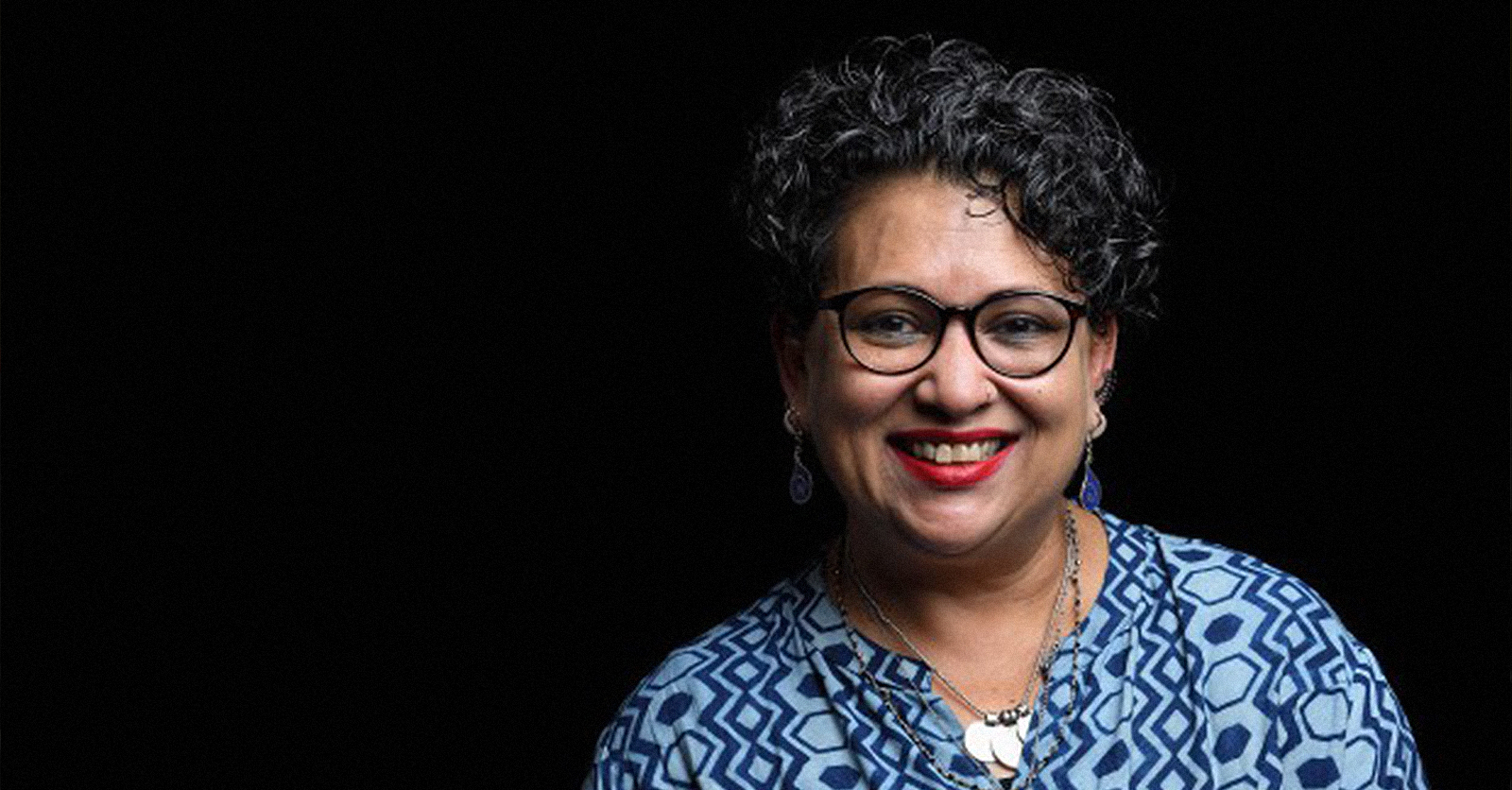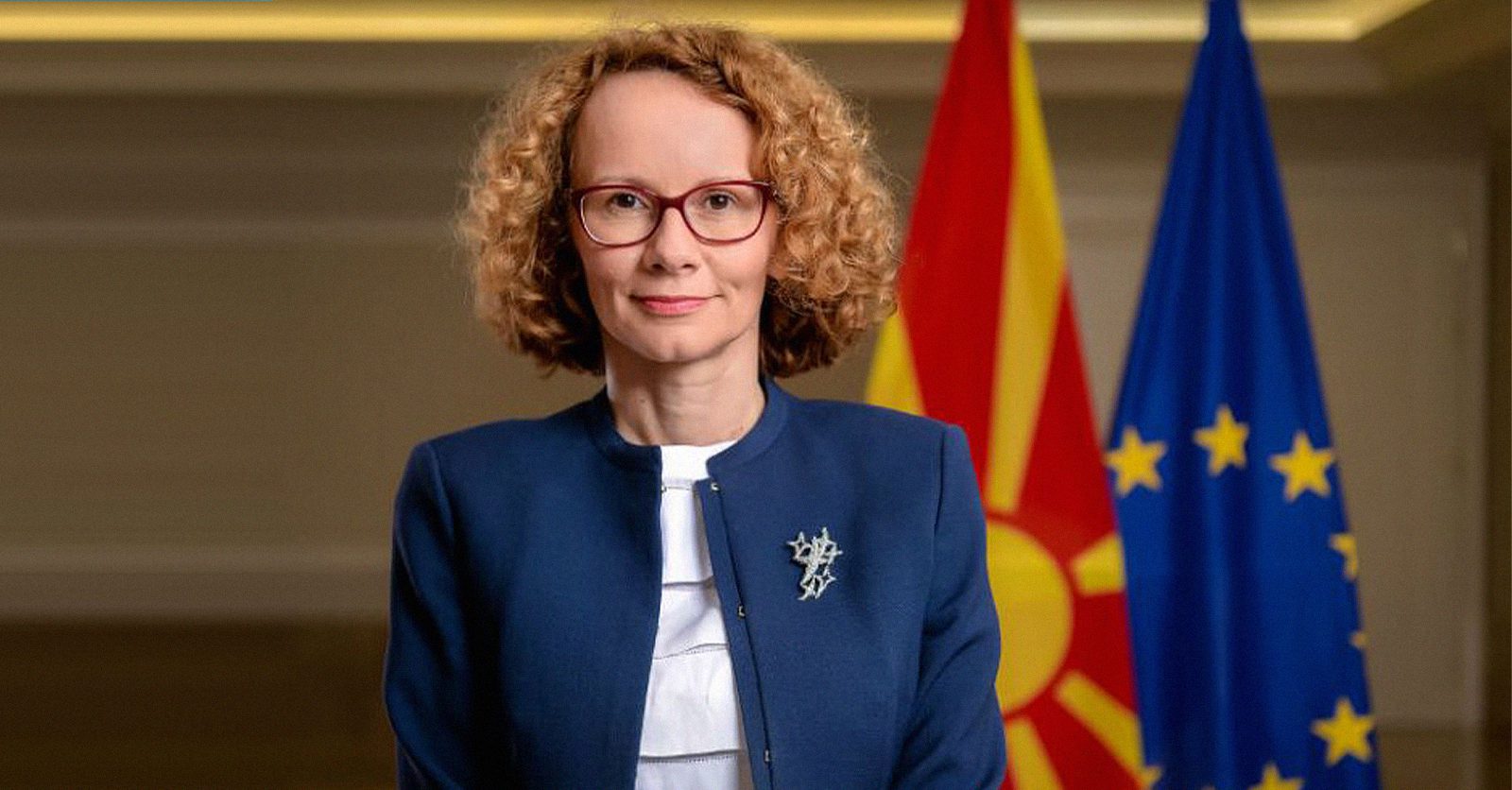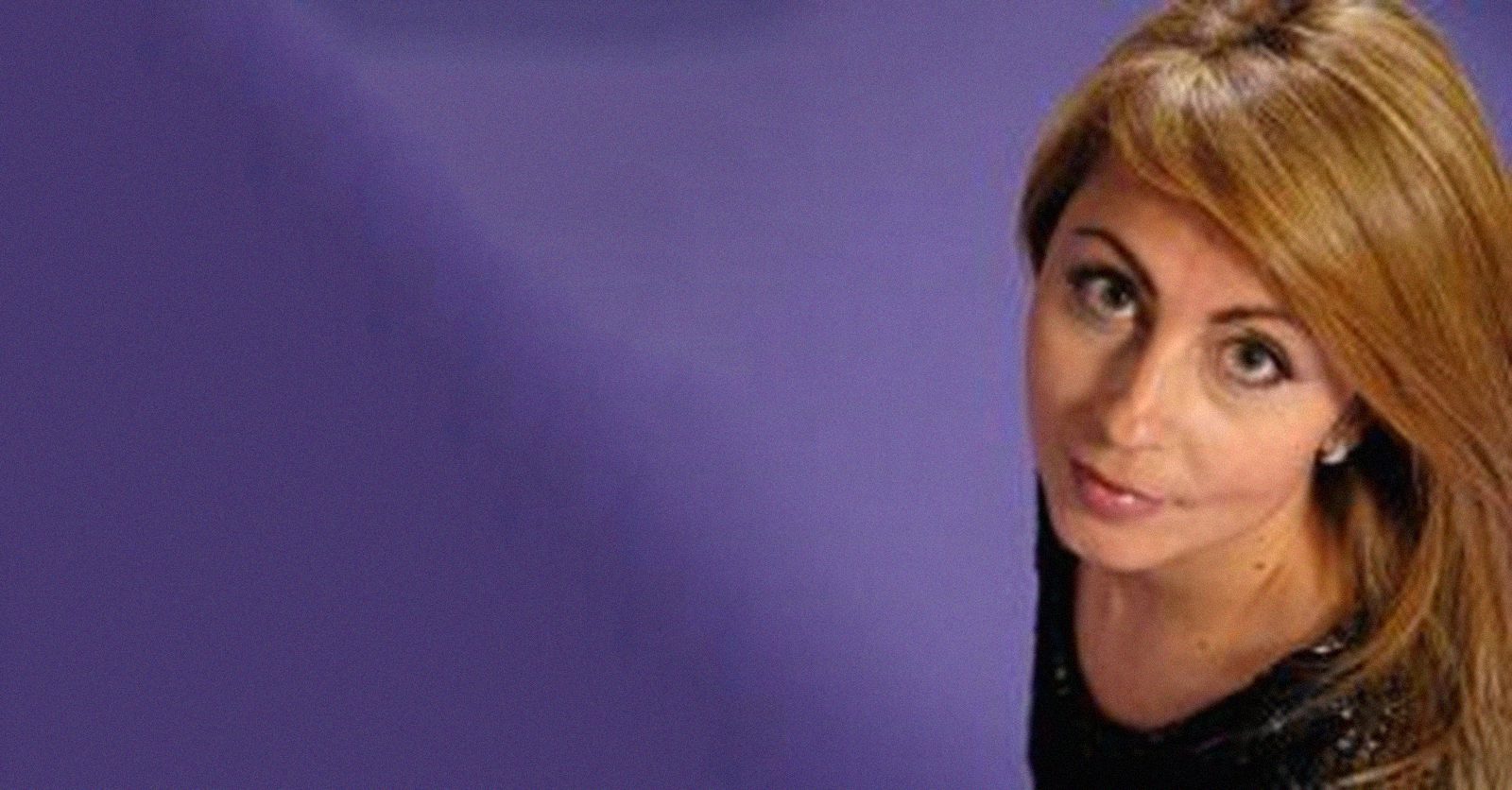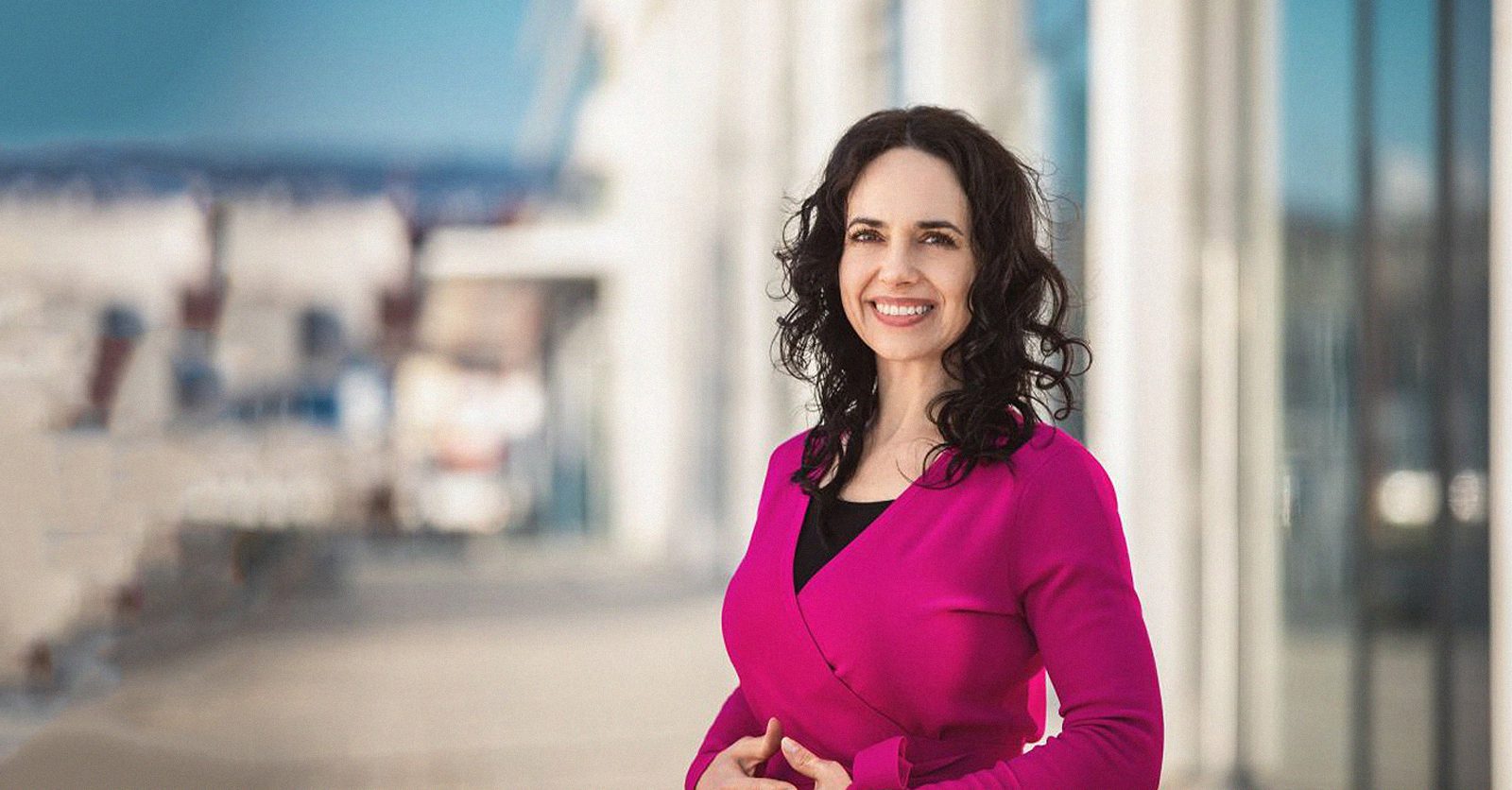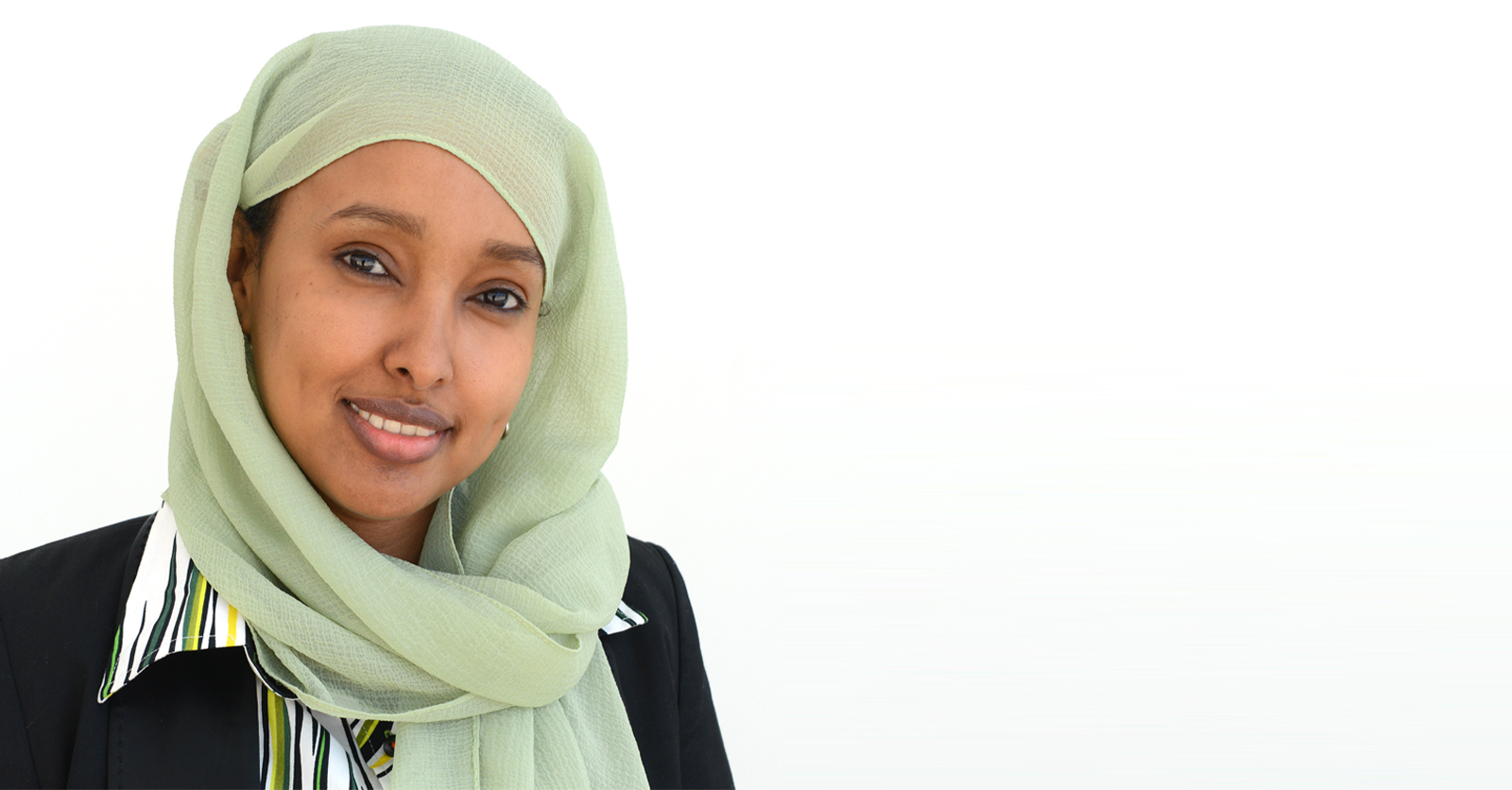Sharon Bhagwan-Rolls is a second-generation Pacific Island feminist working on the intersection of gender, media, climate change and peace. From Fiji, she currently serves as the Technical Adviser of the Pacific Island-based Shifting the Power Coalition, a team of women leaders and networks across Pacific Island Forum countries: Australia, Bougainville, Fiji, Papua New Guinea, Samoa, the Solomon Islands, Samoa, Tonga, and Vanuatu – with a network of close to 100,000 grassroots members. In 2000, she co-founded FemLINKpacific and subsequently dedicated 18 years to the organization leading the development of a feminist media network which included the Pacific’s first women-led community radio network and the innovative Women’s Weather Watch inter-operable information-communication system.
Leading in the midst of the climate crisis and disaster
As she says about building the Shifting the Power Coalition, which has organized women to address the impact of climate change, disasters and the need for gender-focused humanitarian assistance: “Initially I brought in the peacebuilding network, Action Aid brought in the humanitarian network, women leaders from the Pacific Disability Forum brought in the women with disabilities network, and we all got together around the table in 2016, because one of the most critical issue of our time not just for us in the Pacific but globally is the climate crisis” Rolls said in a recent interview, “that’s what we were doing, even before Covid-19. We also had extreme weather across all the Pacific Islands. Our question was how to organize and work together during lockdowns, border closures and how to lead in the midst of the climate crisis and disaster.”
Having lived through three coups in Fiji, Rolls firmly believes in the importance of women’s participation and meaningful engagement across all issues: “As a starting point, what does it really mean to be participating? Does it mean being at the table but not being able to speak? Does it mean being invited but not having the resources that you need? Does it mean not being able to get to a meeting with government officials on a bus that only comes once a day early in the morning?”
Also important as a foundational feminist principle and organizing model is the need for localization. Through her work, she has seen that when investments are made in local women, these women know how to respond effectively when a crisis such as a typhoon or other disaster occurs. For example, in Vanuatu, three local organizations were able to lead the response to Cyclone Harold in 2020. This was the first woman-led response, primarily by indigenous women, who were there when international actors could not get in. This started a shift in power. Another example was in Bougainville, where Agnus Titus, one of the women who brokered peace there, applied her leadership skills and knowledge in traditional peacebuilding to humanitarian issues. As Covid-19 became an issue, she took her skills to the provincial decision makers and negotiated for two more seats for women at the table planning Covid-19 response.”
“Despite all of these commitments to gender equality to women’s rights, young women’s rights, LGBTQ rights, disability rights, we felt we needed to come together to work as a coalition to put forth our common agenda and to advocate for change together.”
Despite these successes, as she says: “We still have a long way to go, as there are high rates of military spending across the globe, compared to spending on Covid-19 or climate or socio-economic priorities. That’s a bit of unfinished business: how can we have conversations about structures that have caused instability and toppled democratic institutions. Just like peace doesn’t happen because we sign a peace agreement, neither does democracy because we have an election. We need to continue to build an understanding of democracy and look at structures of democracy.”
Staring her feminist journey
With regard to her own leadership style, Rolls looks very much to her upbringing, “I feel very lucky that in my own feminist journey, starting with my mother, the Young Women Christian Organization, and engaging with older women, I have learned about how to negotiate through resistance and the patriarchy, how to negotiate barriers that come within our culture … But leadership is sometimes also about stepping back and nurturing.”
“I often start by talking about the faith and feminist practice. Feminism doesn’t always mean you are secular. It means you are working across communities. Talking through and identifying faith allies, traditional leader allies, and indigenous leader allies has been really important. The shift in power has to happen in the women’s space but we are trying to be transformative in a larger societal space, so we need to enable understanding across all sectors of society…
I talk to women at the community level about not separating your feminism from your faith, since all our faith communities talk about equality, peace and justice. It is important to amplify that.”
Her work in the fields of media and communications also mirrors her feminist values. She “stepped out of the mainstream” media world and co-created FemLinkPacific in 2000 and started the first women-led community radio station in the Pacific. “We trained women with disabilities, rural young women, and showed that women can be equipped and trained to take radio out to women. We went from the role of the community – media was important and then looked at access to information and communication, especially in the context of the climate crisis.”
Speaking specifically about the Pacific region, Rolls explains, “We have to navigate through islands, so community media remains important. We recently completed a baseline study about women using social media and access. Women wanted to learn more about blogging and writing. They don’t want to be limited to just receiving information. So, the work continues.”




 go back: about
go back: about
